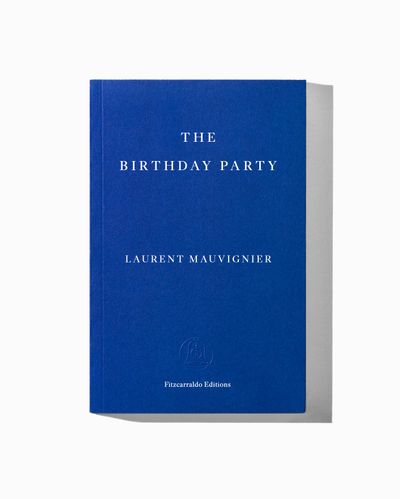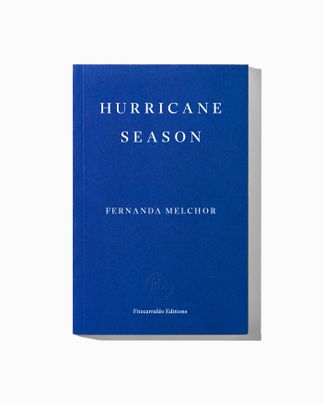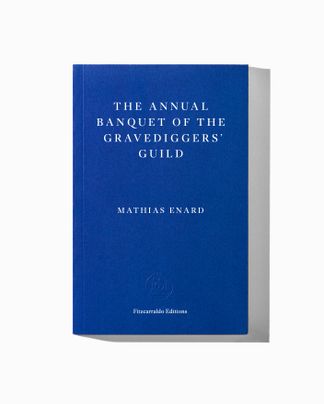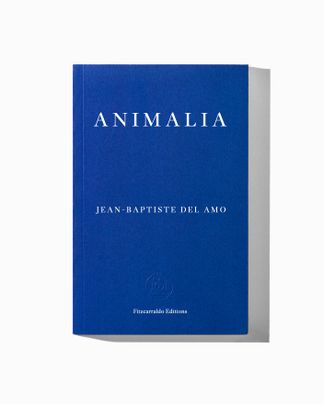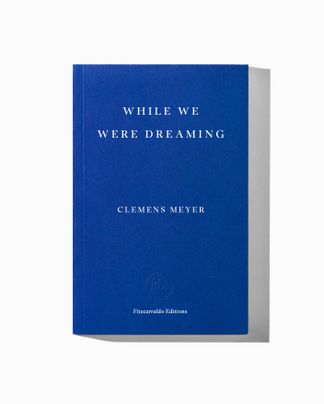The Birthday Party is available as an audiobook through Spiracle.
Buried deep in rural France, little remains of the isolated hamlet of the Three Lone Girls, save a few houses and a curiously assembled quartet: Patrice Bergogne, inheritor of his family’s farm; his wife, Marion; their daughter, Ida; and their neighbour, Christine, an artist. While Patrice plans a surprise for his wife’s fortieth birthday, inexplicable events start to disrupt the hamlet’s quiet existence: anonymous, menacing letters, an unfamiliar car rolling up the driveway. And as night falls, strangers stalk the houses, unleashing a nightmarish chain of events.
Told in rhythmic, propulsive prose that weaves seamlessly from one consciousness to the next over the course of a day, Laurent Mauvignier’s The Birthday Party is a deft unravelling of the stories we hide from others and from ourselves, a gripping tale of the violent irruptions of the past into the present, written by a major contemporary French writer.

